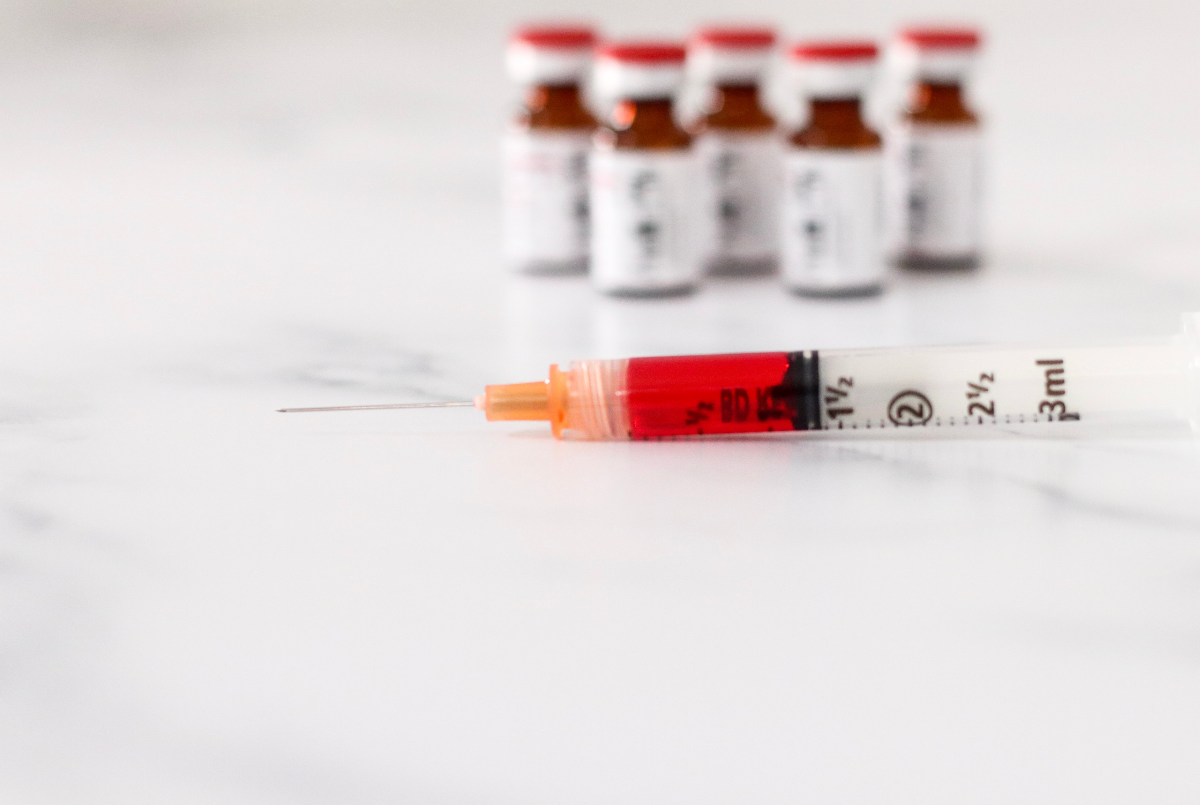
How Many B12 Pills Equal a Shot?
Vitamin B12 is a water-soluble nutrient that’s necessary for many vital processes in your body — helping to keep your nerve cells and blood cells healthy. It also helps your body make DNA, the genetic material in all your cells.
Your body does not make vitamin B12 on its own, so you must consume food and drinks that have vitamin B12 to receive it. Vitamin B12 is found in animal products you eat and drink such as meat, dairy and eggs. It can also be found in fortified foods (foods that have certain vitamins and nutrients added to them) such as certain cereals, bread and nutritional yeast.
Adults need around 2.4 micrograms (mcg) of vitamin B12 a day, and women who are pregnant or breastfeeding need more. For B12 deficiency, a typical injection dose is 1,000 mcg once a week for 4 to 8 weeks and then 1,000 mcg once a month. But dosages can vary depending on if you’re treating severe, mild, or asymptomatic B12 deficiency.
How Many B12 Pills Equal a Shot?
Shots of vitamin B12 are often given in doses of 1,000 mcg/mL, while vitamin B12 pills often come in capsules, tablets, or soft gels of 50 to 5,000 mcg. While it might seem like simple math — a 1000 micrograms (mcg) B12 shot is equal to a 1,000 mcg B12 supplement — it’s not that simple.
Your body absorbs these B12 formulations differently, so it’s hard to say how many B12 pills equal a shot dosage.
At RMBI, vitamin B12 is a staple in every IM injection. Intramuscular (IM) vitamin injections are administered directly into the muscle. Which means the vitamin will get absorbed by the muscle and blood vessels directly. Oral vitamins must get broken down by the GI tract (through stomach, intestines) then go through the liver for metabolizing.
Vitamin B12 Benefits
Vitamin B12 is necessary for proper red blood cell production, DNA formation, nerve function, and metabolism. Vitamin B12 also plays a key role in reducing levels of an amino acid called homocysteine, high levels of which have been linked to chronic conditions like heart disease, stroke, and Alzheimer’s.
Additionally, vitamin B12 is important for energy production. Because your body can store B12 for several years, serious B12 deficiency is rare, but up to 26 percent of the population may have a mild deficiency. Vitamin B12 deficiency can be caused by not getting enough of it, problems with absorbing it, or taking a medication that interferes with its absorption.
